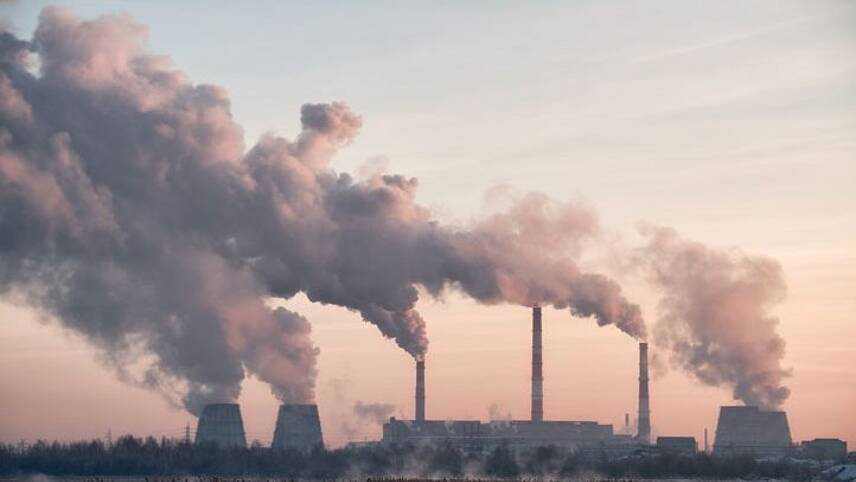Register for free and continue reading
Join our growing army of changemakers and get unlimited access to our premium content

70% of UK manufacturers believe that any UK carbon boarder measure should be aligned with the EU’s CBAM
New analysis from Oxfam based on research by the Swiss Re Institute has warned that the collective economies of the G7 nations could shrink by 8.5% each year by 2050 – equivalent to $4.8trn – as a result of climate change.
This loss in GDP would be more than double that caused by the coronavirus pandemic, which has seen G7 economies shrink by an average of 4.2%.
As such, Oxfam is calling on G7 nations to set new climate targets in the build-up to COP26. G7 ministers are meeting this week in Cornwall, with climate change expected to be a key theme of the discussions.
Oxfam GB’s chief executive Danny Sriskandarajah said: “The climate crisis is already devastating lives in poorer countries but the world’s most developed economies are not immune. The UK Government has a once-in-a-generation opportunity to lead the world towards a safer, more liveable planet for all of us.
“It should strain every diplomatic sinew to secure the strongest possible outcome at the G7 and COP26, and lead by example by turning promises into action and reversing self-defeating decisions like the proposed coal mine in Cumbria and cuts to overseas aid.”
Swiss Re modeled how climate risks such as heat stress, impacts on health, agricultural productivity and sea-level rise would impact economic growth.
The UK economy is set to shrink by 6.5% by mid-century based on current trajectories. This could be limited to 2.4% if it can successfully get other nations to reduce emissions in line with the goals of the Paris Agreement.
However, developing and low-income nations are set to suffer far worse impacts if nations cannot collectively combat the climate crisis. The Philippines, for example, is projected to lose 35% of its GDP by mid-century.
The Institute for Economics and Peace’s first Ecological Threat Register (ETR) has warned that the ecological and climate crises are on course to displace more than 1.2 billion people by 2050, as natural disasters, food shortages and water scarcity create mass disruptions to global migration trends. Additionally, the World Bank notes that between 32 million and 132 million additional people will be pushed into extreme poverty by 2030 as a result of climate change.
The G7 meeting will likely focus on climate finance. Chancellor of the Exchequer Rishi Sunak met with finance ministers in London this weekend, with discussions leading to a historic agreement that G7 nations will mandate climate reporting in line with the recommendations of the global Taskforce on Climate-related Financial Disclosures (TCFD).
However, discussions over mobilising $100bn in annual funding to help low-income nations combat the climate crisis remain less concrete.
The Oxfam report reiterates that G7 governments are failing to deliver on the longstanding $100bn pledge. Oxfam estimates the G7’s current commitments would deliver $36bn by 2025, of which less than $10bn would be for projects and initiatives on climate adaptation.
Currently, only the UK and US have agreed to increase funding from current levels. France is aiming to maintain current levels of climate finance, while Canada, Germany, Japan and Italy are yet to confirm spending plans.
Matt Mace


Please login or Register to leave a comment.